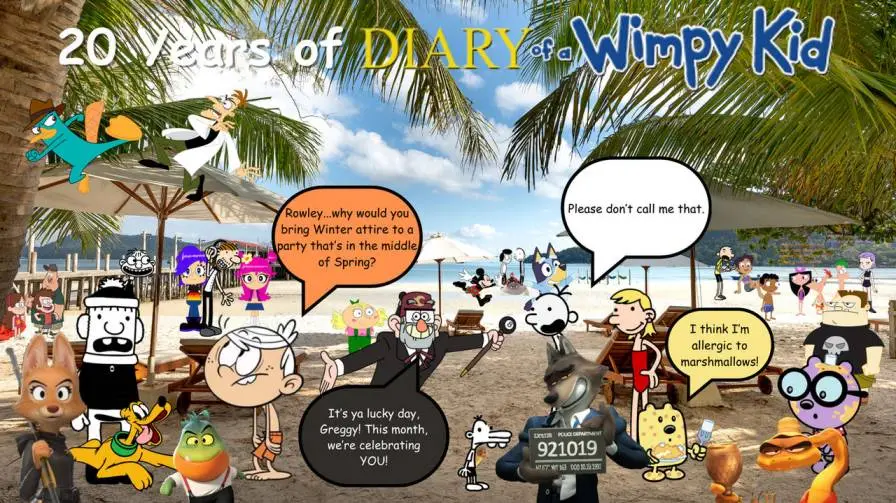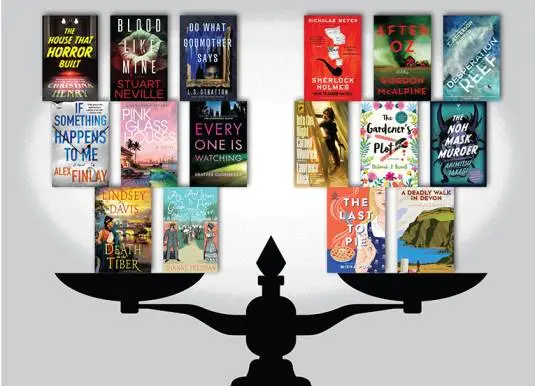A Question of Theme

Revisiting Moynihan
To the Editor:
In his April 26 review of Eduardo Porter’s book “American Poison: How Racial Hostility Destroyed Our Promise,” Michael Ignatieff describes Daniel Moynihan as a “liberal grandee” who “cannot be accused of racial animus toward blacks.” While it is certainly true that Moynihan would not see himself as a racist in this conventional sense, his work did a great deal of damage to the cause of addressing racial disparities.
In 1965, Moynihan, then serving as assistant secretary of labor, was asked by President Johnson to investigate the causes of black poverty. Rather than analyze the effect of racial discrimination in the job market, Moynihan instead focused on the supposed deficiencies of the black family, specifically the predominance of female-headed households, as the cause of poverty, rather than as an adaptive response to it. This led to years of damaging analyses in which it was asserted that it was the defective culture of the black poor that produced and reproduced poverty, rather than focusing attention on the legal, social and economic structures of inequality.
The end result has been to disable social movements aimed at addressing and dismantling the fundamental causes of racism, favoring instead individualized efforts to change people’s behaviors and “culture.” This has also been a long-lasting and profoundly harmful legacy.
Susan B. Hyatt
Indianapolis
Literary Taste
To the Editor:
Three cheers for Chimamanda Ngozi Adichie for identifying in her April 26 By the Book interview the concept of “guilty pleasure books” as rooted in snobbery. One might add that snobbery can play a role in the obverse, in which a reader — or sometimes, maybe, let’s be honest, even a professional reviewer! — feels pressure to express admiration for a particular book because (if old) it is widely regarded as classic, or (if recent) it is currently riding high on the literary firmament.
David English
Acton, Mass.
♦
To the Editor:
Chimamanda Ngozi Adichie states that is “debatable whether” Lady Macbeth is a villain. Dictionary.com’s general definition of a villain is “a cruelly malicious person who is involved in or devoted to wickedness or crime.” In fiction, a villain is “a character in a play, novel, or the like, who constitutes an important evil agency in the plot.” Let’s see. Lady Macbeth pushes/cajoles/implores her husband to murder the king, who has just made Macbeth the Thane of Cawdor as a reward for his battlefield exploits. So later she feels overwhelming guilt over what she’s done. Tough noogies. She should feel guilty. She’s a murderer. And a villain.
Henry Hecht
New York
Another Theme
To the Editor:
Having found that readers are invited to write letters, I take here the opportunity to react to the review of my novel, “Schrödinger’s Dog” (April 26), not at all to complain, but only in the aim of sharing my view.
I was proud to see my first novel reviewed in the Book Review. Having written this text as a reflection on the nature of truth, I was curious and impatient to see how this theme would be received in the United States. I was therefore surprised, not to say unsettled, to discover that the reviewer had instead chosen to regard filial love as the book’s principal (and almost only) theme. Everyone is, of course, entitled to his or her own interpretation. But the question of a well-meaning lie (here the lie a father tells his mortally ill son), the moral obstacles he encounters and the importance of one’s point of view in the perception of reality were the topics I was hoping to share with the reader.
I respect criticism, I understand that readers might not like my work, and I can see that it might offend certain sensibilities. But I remain convinced that the subject of my novel is mainly the question of the validity of truth in the face of the unacceptable.
Martin Dumont
Paris




